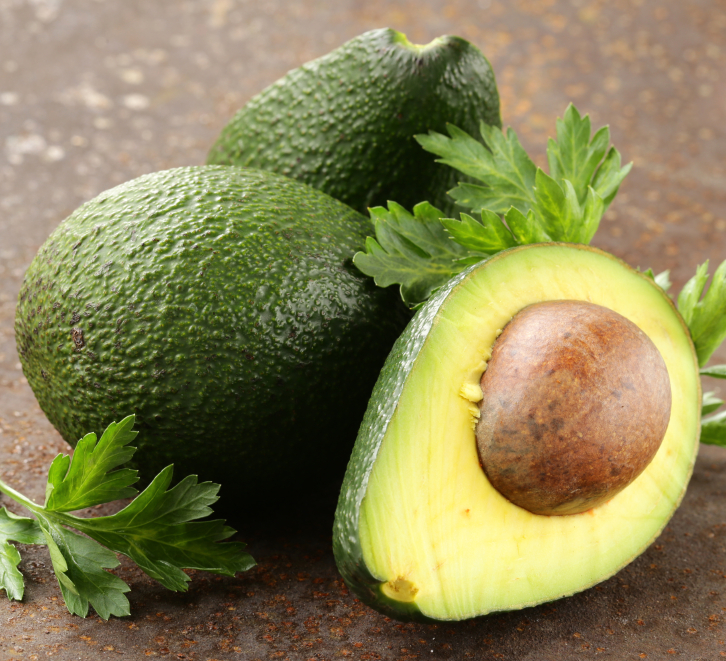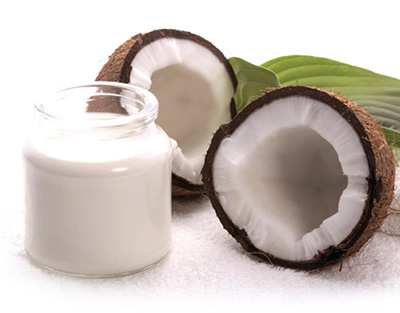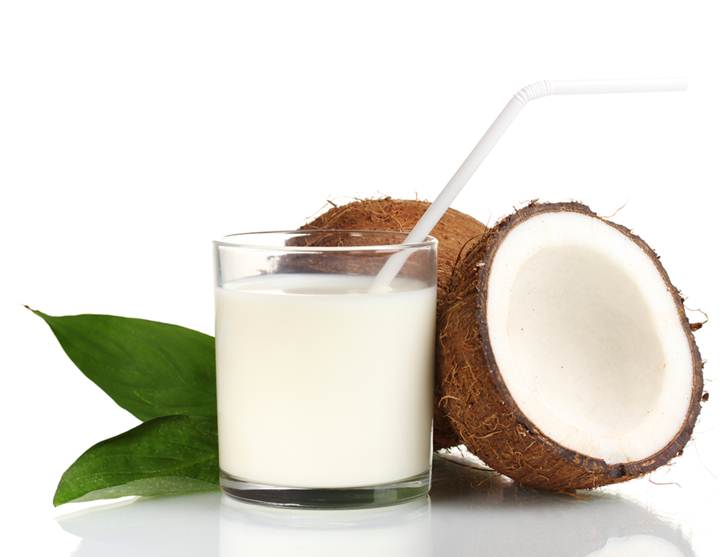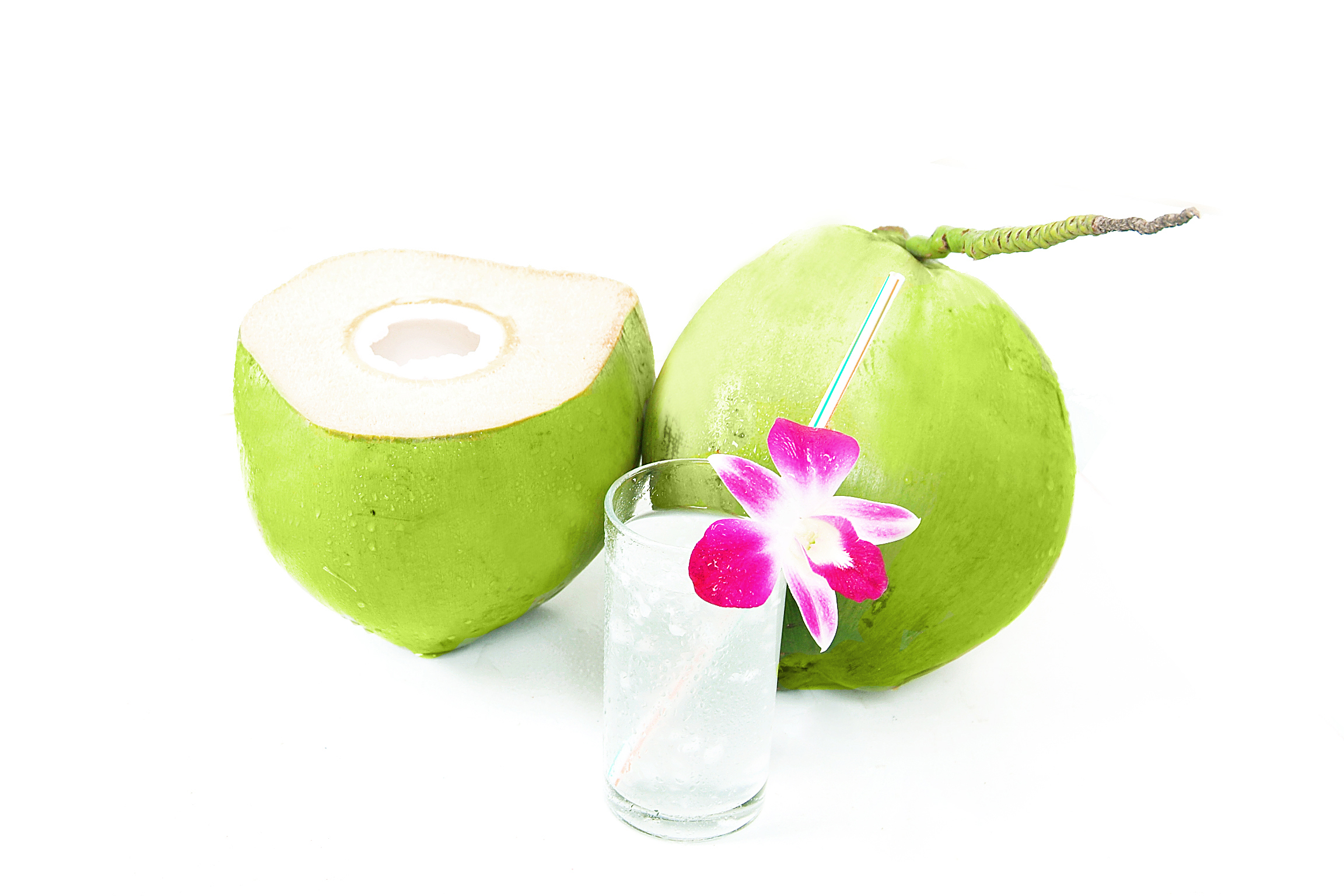Skin or Cosmetic Benefits of Pomegranate Juice
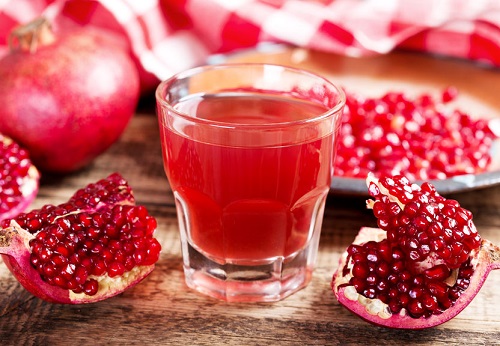
Healthy skin not only offers aesthetic benefits, it helps regulate your body temperature and provides a layer of protection against infectious agents. A healthy diet helps ensure your skin can function at its best, and drinking pomegranate juice provides the energy, carbohydrates, proteins and fats that your skin and other tissues need to maintain themselves. Pomegranate juice also serves as a source of minerals and vitamins, including several nutrients that offer cosmetic and other benefits for your skin.
Vitamin E
Pomegranate juice benefits your skin because of its vitamin E content. Vitamin E provides natural sun protection -- it neutralizes harmful free radicals generated as a result of sun exposure, so that they cannot damage your skin. It also promotes healthy wound healing and regulates inflammation, helping to fight inflamed skin. A cup of fresh pomegranate juice contains 1.8 milligrams of vitamin E, or 12 percent of your recommended daily intake, established by the Institute of Medicine.
Vitamin C
Pomegranate juice's vitamin C content also offers cosmetic benefits and nourishes your skin. Like vitamin E, it protects your skin against sun damage, and a diet rich in vitamin C reduces skin wrinkling, explains the Linus Pauling Institute. It also helps you synthesize collagen, a protein important for healthy skin and teeth. Low vitamin C levels can cause old scars to re-open, and can even cause tooth loss. Drinking a cup of pomegranate juice boosts your vitamin C intake by 31 milligrams -- 41 percent of the recommended daily intake for women and 34 percent for men, according to the Institute of Medicine.
Zinc
Drink pomegranate juice as a source of zinc, an essential mineral important for healthy skin. Zinc regulates the growth of basal cells -- the precursor cells that develop into mature skin tissue, and also plays a key role in wound healing. It also activates superoxide dismutase, an antioxidant protein that protects your skin from damage. Each 1-cup serving of pomegranate juice offers 1.1 milligrams of zinc -- 14 percent of the recommended daily intake for women and 10 percent for men, according to the Institute of Medicine.
Copper
Pomegranate juice's copper content also offers cosmetic benefits. You need copper to produce melanin, a pigment that helps give your eyes, skin and hair their color. Copper offers anti-inflammatory benefits to your skin and provides natural sun protection. It also helps produce mature collagen, which strengthens your skin tissue. A cup of pomegranate juice boosts your copper intake by 481 micrograms and provides 53 percent of the recommended daily intake suggested by the Institute of Medicine.






